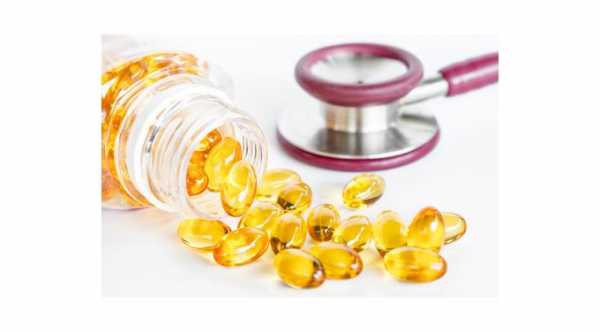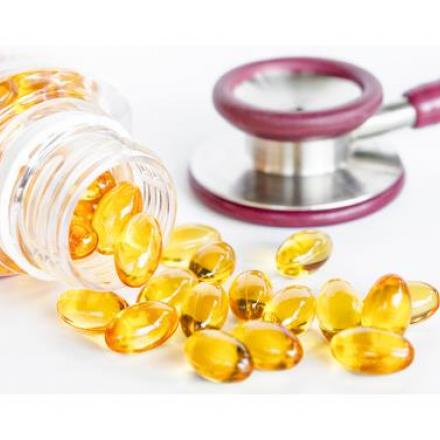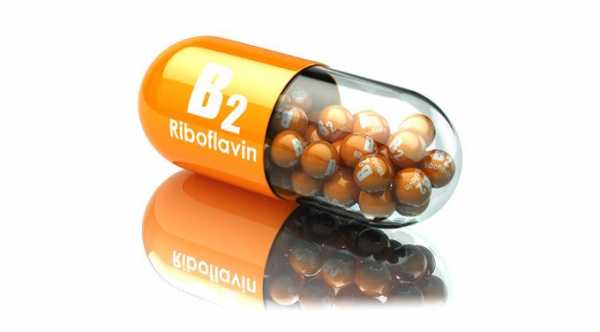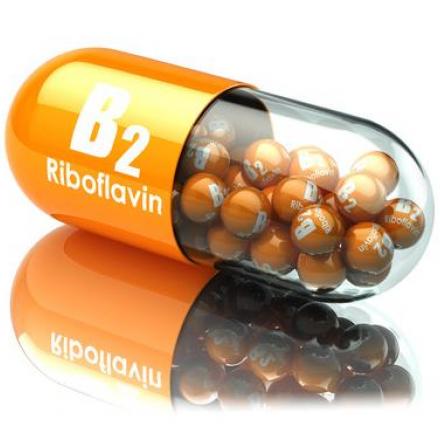
Minerals and Vitamins for Eyes
Vitamins are more important than most people realize, and in fact few of your body's functions are unaffected by your vitamin consumption. Many vitamins play an essential role in vision and eye care. Eye Vitamins can help to prevent or treat eye conditions such as macular degeneration, glaucoma, and cataracts, as well as maintain your current eyesight abilities and also sometimes vitamins for eyes can help to improve eyesight.
Vitamin C
One of the most important vitamins for eyes is Vitamin C. It provides protection against UV light. Though most people forget that sunlight hits their eyes as well as their skin, this sunlight can damage your eyesight over time. Vitamin C is also believed to help fight some forms of eye inflammation.
Vitamin C is found in orange juice, spinach, strawberries, broccoli, and Brussels sprouts, and is also available as a nutritional supplement. Men should get about 90mg each day, while women need 75mg.
Vitamin E
Vitamin E is known to prevent cataracts and other age-related eye conditions such as macular degeneration. This vitamin is found in spinach, hazelnuts, almonds, sunflower oil or seeds, and peanut butter. It protects the eyes by enhancing levels of glutathione, an antioxidant that helps the body rid itself of toxins. Most adults should get about 22.5 IU of vitamin E each day.
Vitamin A
It considers as one of the most important vitamins for eyesight. It is used for the pigments in your eye's retina. Consuming Vitamin A helps to maintain your eyesight, particularly for low-light situations and night vision. Good sources for vitamin A include dairy products, eggs, liver, and fish. The recommended daily value for Vitamin A is 900 mcg for men and 700 mcg for women.
Carotenoids, which are related to Vitamin A, are also one of the essential vitamins for eyes. Lutein and zeaxanthin are two examples. Found in high concentrations in the eyes, they help to filter light, preventing damage to the back of the eye, which is the most delicate part. Found in eggs and many fruits and vegetables, lutein is associated with a substantially lowered risk of macular degeneration. In fact, AREDS 2 Formula that is used as over the counter supplements for macular degeneration prevention has High dose of Carotenoids (Lutein and Zeaxanthin).
One male patient,who had a prior stomach bypass surgery, suffered from a vitamin A deficiency and the rods and cones in his eyes had severely reduced functioning. When doctors reversed the bypass surgery and administered 500,000 units of vitamin A, he had complete recovery of this functioning after 7 months. Read more about Vitamin A
Vitamin D
Like several other Eye vitamins, Vitamin D is believed to reduce the risk of macular degeneration. If you get enough sunlight, your body should be able to make enough vitamin D by itself. It is also found in fatty fish such as salmon or tuna, cod liver oil, and eggs. Adults need about 5 mcg of vitamin D; it is recommended that older adults increase their intake to 10 or 15 mcg.
Omega 3 Fatty Acids
Though not technically a vitamin, omega-3 fatty acids are an essential nutrient for eye health and are often taken as a nutritional supplement. It is one of the important eye vitamins for dry eyes. Found in high levels in both fish and nuts, these fatty acids reduce inflammation in the retina, leading to a lower risk of macular degeneration and other eye conditions. Read more about Omega 3 Fatty Acids.
Biotin
If deficiency of this B vitamin occurs early enough in life and is left untreated, vision problems result.It is one of the essential vitamins for eyesight. A biotinidase deficiency (deficiency of the enzyme needed to utilize biotin) is a hereditary defect. Biotin therapy may not reverse these vision disturbances, according to author B. Wolf, who wrote the book Gene Reviews (University of Washington, Seattle, 2000).
Thiamine
Alcohol abuse can cause a lot of health problems in the body. One of them is a vitamin B1 or thiamine deficiency. A condition called xanthopsia can also result, where a person sees a yellowish hue around objects. However, when 200 mg thiamine was given daily to the patient with an extensive history of alcohol abuse, the xanthopsia disappeared. Coincidentally, so did all the other symptoms of thiamine deficiency.
Riboflavin
The lens of the eye is particularly susceptible to damage in a riboflavin deficiency. In one study performed at the Jules Stein Eye Institute at the University of California, Los Angeles, 23% of the lens epithelium specimens of 50 patients who had lens implant surgery were found to have a severe deficiency of riboflavin. Read more about Riboflavin Deficiency Symptoms
Niacin
Niacin is one of the most important vitamins for eyes especially for the retina. Niacin deficiency can result in dermatitis, diarrhea and dementia, and may lead to death. But when Indian researchers delved deeper into what was happening to the fundus of the eyes in 61 patients with pellagra, they found changes in the eyes never reported before. The yellow reflex of the macula was lost. The retina had hyperpigmentation. The macula had extra blood vessels and was swollen with blood, and looked as if it had been burned.
Most of the patients had a marked improvement in eyesight within one month when their diet was changed to include more protein, vegetables and milk and they were given large doses of B vitamins, including niacin.
Zinc
Zinc deficiency can cause night blindness. At the Johns Hopkins University, doctors were concerned about women who had problems with night vision during pregnancy that didn’t respond to vitamin A treatment.
They divided the women into different groups and gave some women vitamin A only, beta-carotene only, placebo only, or any of these treatments with 25 mg zinc.
Zinc treatment by itself didn’t improve night vision but when zinc was given along with vitamin A, they were four times more likely to experience a restoration of their night vision. This study is like many others that prove that if nutrition is to be used for a complete healing, studying one nutrient at a time is not very effective. Read more about Zinc Deficiency Symptoms
Vitamin B12
This is one of the important vitamins for eyes especially for the optic nerve. Blurred vision and a burning sensation in feet is what drove one 32-year-old patient to the doctors at St. Thomas Hospital in London. He was Afro-Caribbean. The doctors diagnosed his with something called optic and peripheral neuropathy, due to a vitamin B12 deficiency. He had been following a strict vegan diet without any animal products.
Copper
The diagnosis of optic neuropathy can also be attributed to a copper deficiency. In one 55-year-old woman who had had gastric bypass surgery years prior, she woke up one day with blindness in both eyes. It was too late to reverse the problem by adding copper to her diet but the additional copper did appear to prevent further deterioration in her eyes.
If you are not getting enough of these vitamins for eyes, it could negatively affect your vision. Vitamins play an important role in protecting your eyes from disease and preventing vision loss as you age.
If you have certain eye conditions or are at risk of developing them, your doctor may recommend a diet that includes higher levels of these vitamins than would be otherwise advised.









